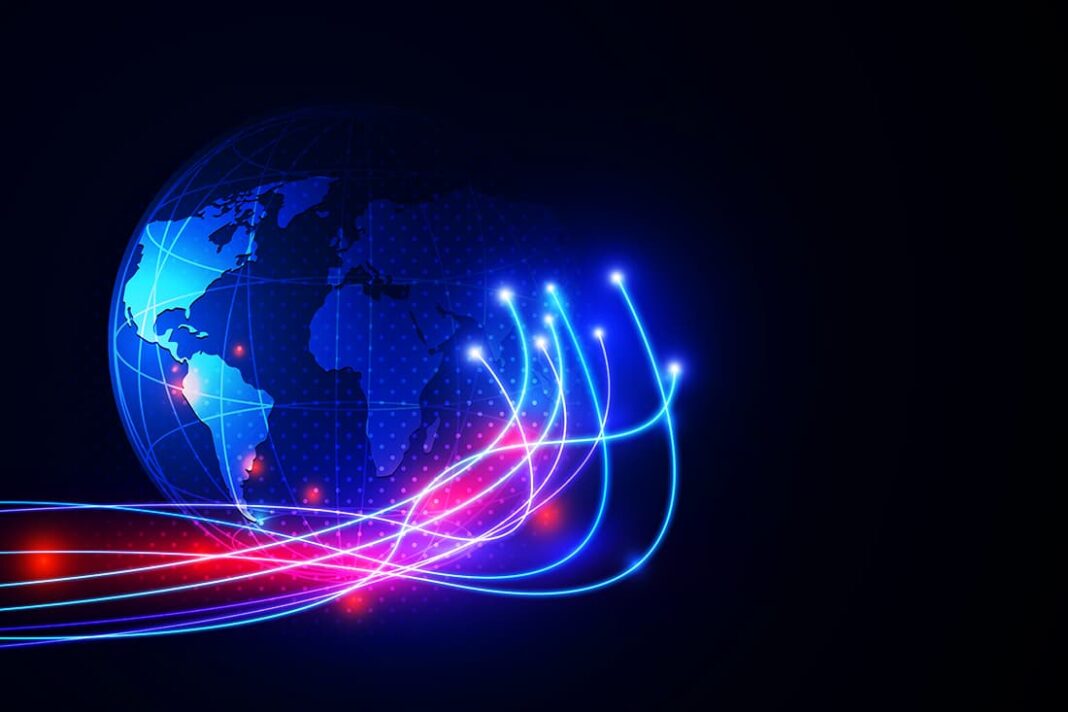The call for breaking the chains of oppression and empowering individuals to achieve their full human rights potential is not new. However, the current global context suggests an urgent need for renewed efforts in this direction.
The Covid-19 pandemic has exposed and exacerbated pre-existing inequalities worldwide, with marginalized communities suffering the most severe consequences. Meanwhile, the rise of authoritarianism, nationalism, and populism in various countries has led to increased discrimination, hate speech, and violations of fundamental rights.
In this context, the need for empowering individuals to claim and defend their rights has become more crucial than ever. Empowerment requires more than just providing knowledge about rights; it also involves creating an enabling environment that enables individuals to access justice systems, demand accountability, and engage in collective action.
Recent examples from diverse contexts illustrate how empowering individuals can translate into concrete gains for human rights. For instance, the #MeToo movement in the United States and other countries has brought awareness and accountability around sexual harassment and violence. Similarly, the Black Lives Matter protests in the US and globally have highlighted issues of police brutality and systemic racism.
Empowerment also means challenging oppressive systems and structures at all levels, from communities to institutions and governments. For instance, the fight for women’s rights in Afghanistan has involved not only challenging cultural norms and patriarchy but also advocating for legal reforms and increasing representation in political and economic spheres.
It is essential to acknowledge that empowering individuals to achieve their full human rights potential requires sustained efforts and long-term investment. It also involves recognizing and addressing multiple and intersecting forms of discrimination, including gender, race, class, sexual orientation, and disability, among others.
In conclusion, breaking the chains of oppression and empowering individuals to achieve their full human rights potential is not only a moral imperative but also a practical one. It requires a comprehensive approach that acknowledges the interplay between individual agency and structural change. In today’s context, where the Covid-19 pandemic and global trends threaten fundamental rights and freedoms, the call for empowerment must be heard louder than ever.
- Breaking Boundaries: Revolutionary Scientific Discovery Unleashes a New Era of Possibilities! - 9 de junio de 2023
- Exploring Beyond Our Solar System: The Next Frontier of Space Travel! - 9 de junio de 2023
- Experience Life in Harmony with Nature: Join the Ecotourism Movement Today! - 9 de junio de 2023



